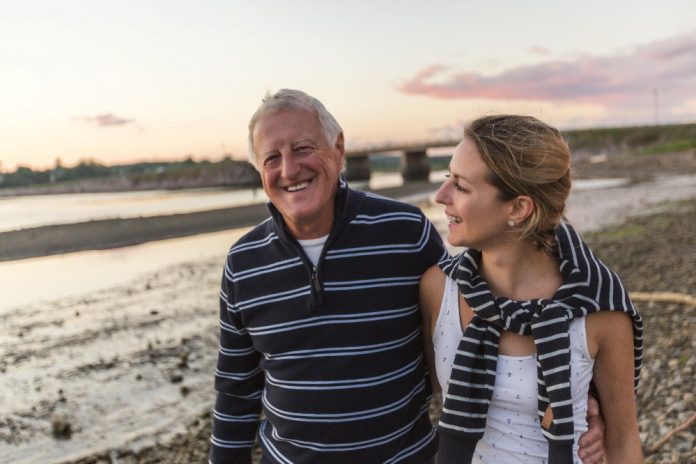Leading Queensland community services organisation Be says families need to recognise early signs that could indicate elderly parents need more support at home to continue to live independently.
Acting CEO Rosie Overfield says as parents age they will need more support if they want to stay in the family home and there are several factors to consider.
“Being able to recognise the signs is the first step to ensure they can remain living independently at home and maintain a high-quality of life.
“There is often resistance from elderly parents to ask for help because they fear losing their independence but recognising the early signs can lead to positive changes and allow older people to remain in their home for longer.
“These can be difficult conversations to have but they are really important to have with older family members to ensure the quality of their life as they continue to age.”
The five top signs to help you determine whether your senior parents need help at home are:
- State of the home – which may include a cluttered house, dirty living areas, being unable to attend to household tasks independently and noticing physical difficulties completing tasks.
- Confusion around normal tasks and household duties – for example cooking meals, missing medication, paying bills, grooming or forgetting to turn off the stove. This can sometimes be the early stages of Dementia and it is always best to raise this with a GP.
- Mood changes – Depression and anxiety are often more common in seniors than most people realise. It’s important to talk to a GP about treatment options. Creating and maintaining social connections and friendships is also important.
- Decline in physical health and mobility – including trouble getting out of chairs or bed, holding on to furniture to move around the house and a loss of balance and difficulty standing in the shower. These signs indicate that they may need some extra assistance from mobility aids or even a carer.
- Scratches and dents to the car – This could indicate it’s time to discuss their ability to drive independently. This is often a difficult conversation and you’ll need to emphasise that their independence shouldn’t come at the cost of their safety.
Families concerned about an ageing parent who feel they need more support at home can speak to a member of the Be Care team for professional support by calling 1300 761 011 to get started.





